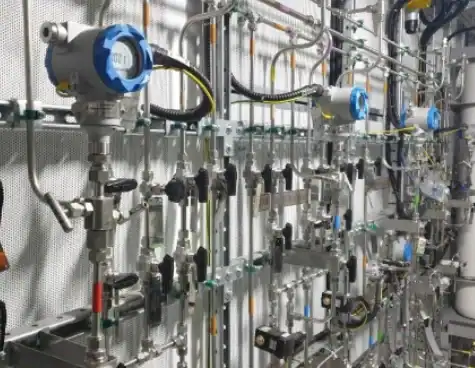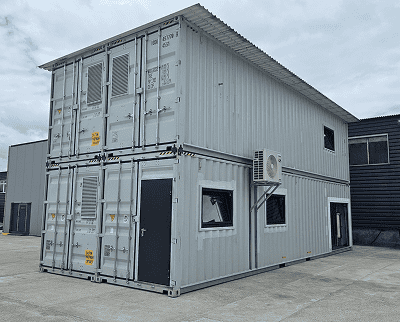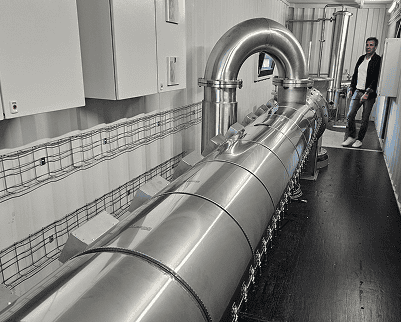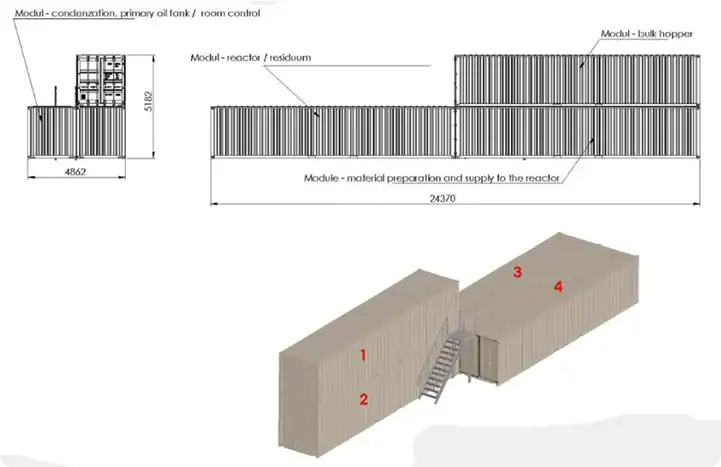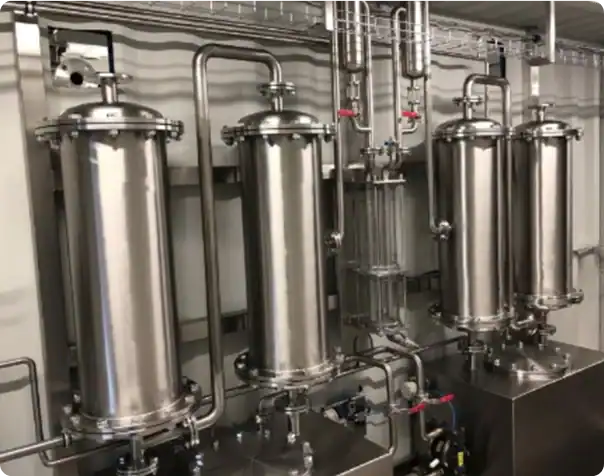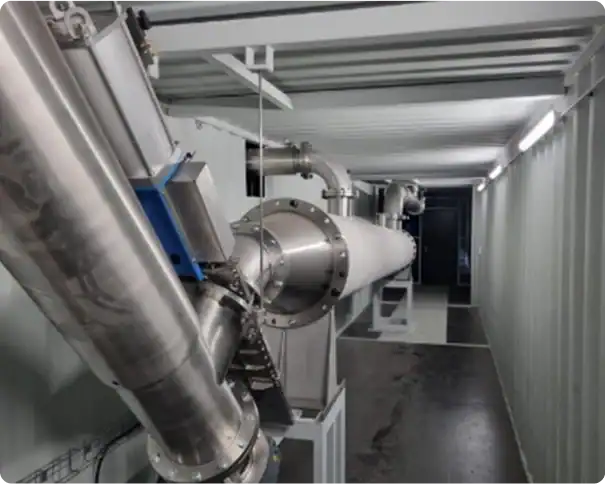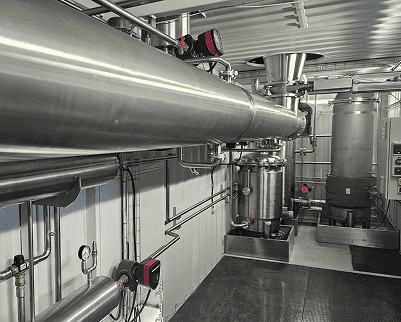Thermochemical recycling of sorted plastic waste
The accumulation of the enormous amount of plastic waste produced worldwide is a rapidly growing economic and environmental problem.
Currently, only approx. 30% of plastic waste, mostly through mechanical recycling. With these low recycling rates and increasing plastic production, there is therefore an increasing waste of plastic materials. Therefore, new technologies are needed for waste refining, in particular thermochemical recycling.
The use of thermochemical recycling for the disposal, processing or conversion of waste into further usable components could significantly improve the environmental situation. Unlike mechanical recycling, thermochemical recycling can also be used to recycle mixtures of waste plastics, and thermochemical recycling is also an environmentally friendly alternative to harmful incineration or landfill methods.
Thermochemical recycling converts plastic waste into valuable hydrocarbons that can be further converted into fuels in petrochemical processes or used to produce chemical monomers that can be used to make virgin plastic again. However, this is always a substitution of fossil resources and a significant reduction in the carbon footprint of up to 40% compared to the similar use and processing of petroleum.
With thermochemical recycling technology, we can process a wide range of waste plastics, even in mixtures. This process results in components such as gas, oil liquid recyclate and residual carbon. Thermochemical recycling of plastic waste is a recognised tertiary raw material recycling route whereby plastic waste materials are processed back to produce basic monomers that can be used as raw material for the production of new plastics or fuels.
Gallery
